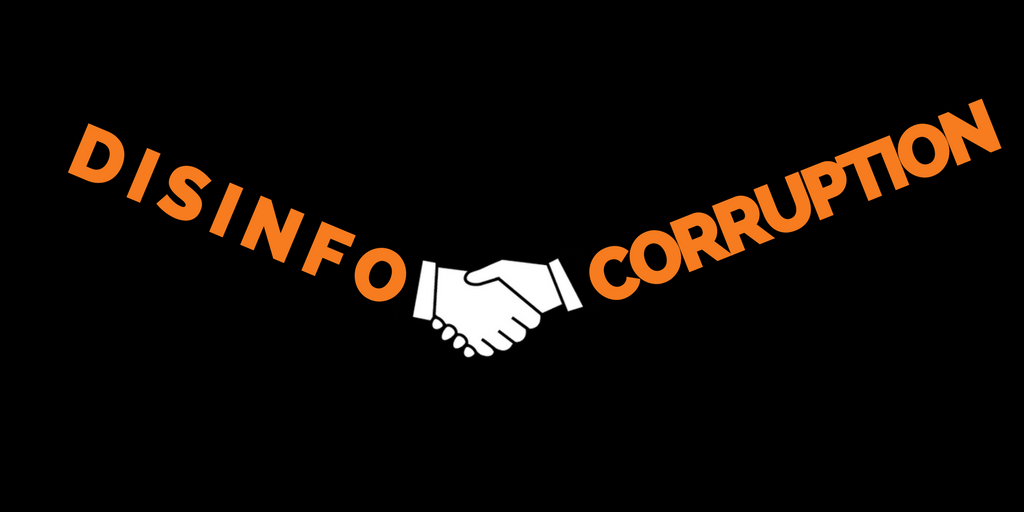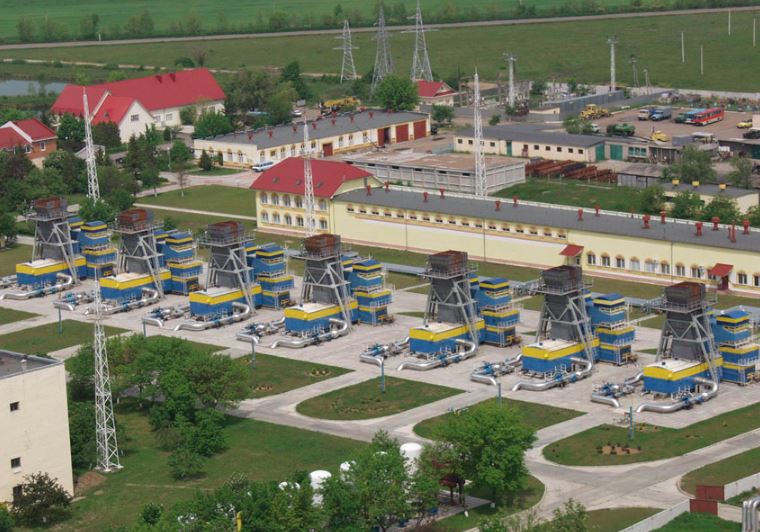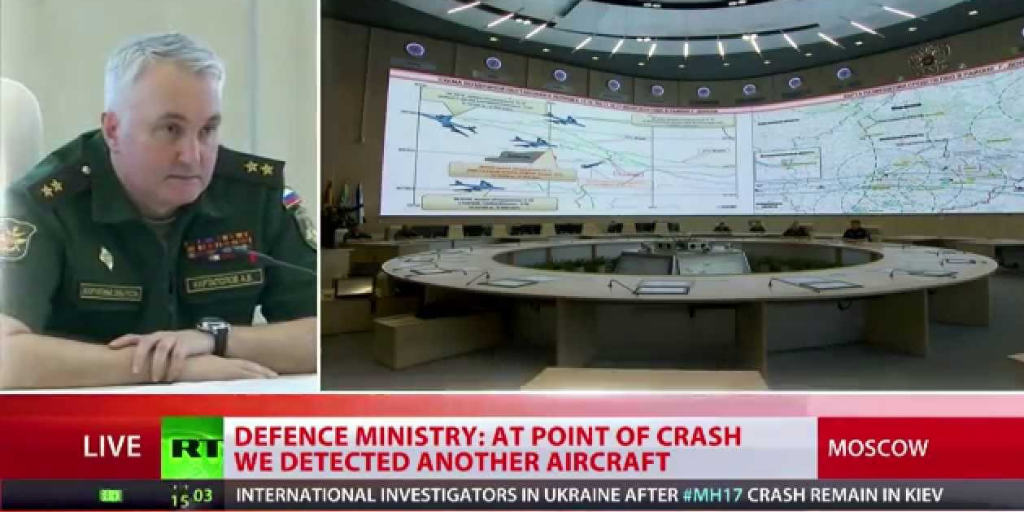In the course of the summer, new stories have emerged from inside pro-Kremlin media with testimonies from whistle-blowers and anonymous sources in these organizations. Among the most interesting are the stories serialized by the Russian independent platform “The Insider“. These publications have highlighted a number of illustrative details about how Russian propaganda television is managed and produced.
“We received orders”
According to an anonymous source working for the state TV channel Rossiya-1, no political news is covered without checking with government authorities. And sometimes the initiative for topics to be covered comes from the government: “When Trump became a candidate, we received orders to only give him positive coverage,” the source told. The same source also told about how some state agencies pay state TV for avoiding any negative mentioning.
TV talk shows are about intimidation
Another source, in this case from the state-controlled channel Pervy Kanal, told about the presence of “Curators from the President’s administration” in key positions of the channel’s management. The source also said that managers on Pervy Kanal were keen to see as many guests as possible with “shouting-capability”, so as to sustain a high level of explicit hostility and intimidation in the studio towards guests described as token Russian opposition members, token Americans or token Ukrainian guests.
Interestingly, the source described how it is rather the level of shouting than the actual ratings of the talk shows that are seen as success criteria among Pervy Kanal’s management. Similarly, the source described how many guests in talk shows are paid in cash to play certain roles in accordance with pre-defined scenarios.
“Jeans” means airtime for sale
Another important aspect of the work of Russia’s national television is the practice of selling airtime with advertising presented as editorial material – a phenomenon known in Russian journalistic jargon as “jeans.” In testimonies from sources who work for, or have previously worked for Kremlin-loyal NTV, we learn about this practice in detail, for example how appearing as an interviewee in a documentary or news program on NTV is something that can be purchased, and that this practice is more of a rule than an exception. Interestingly, The Insider explains as a part of its reporting that when this particular story was prepared, its editors were contacted by people who offered them money not to publish it. Read The Insider’s two stories about the “jeans” hidden advertisement here and here (in Russian).
Disinformation and corruption go hand in hand
What can be concluded from the examples above is that the government-controlled disinformation campaign goes hand in hand with corruption. Apparently, when journalism starts selling out with regards to being independent and critical, other parts of the professional ethics and integrity are also likely to be abandoned.
As mentioned, the source of this series of stories is the small, privately owned, Moscow-based online media outlet, The Insider, whose brand is becoming more and more associated with investigations into the shadier sides of the Russian media scene: The Insider runs special sections on its website dedicated to topics like “anti-fake“, “corruption,” and “testimonies“. Not unlike the way some NGOs can challenge the dominance of a government, independent media such as The Insider try to challenge large, dominating, media outlets – even if these enjoy the support of a powerful government. But do The Insider’s and similar investigations make any difference in Russia’s media landscape?
Popular TV host calls it quits
There are signs of at least some cases when Russian journalists are haunted by second thoughts about their professional integrity when reporting like The Insider’s starts surfacing. One sign is the increasing number of whistle-blower stories, which make the sort of reporting we see from The Insider possible. Could it be that when repeated reporting about these problems raises awareness over these issues, people who work inside the media organizations start feeling less comfortable and less proud about their job? Even highly paid pro-Kremlin journalists don’t live in a vacuum.
Thus recently, Andrey Malakhov, a popular Russian TV presenter who has hosted his own talk show on Pervy Kanal since 2005, decided to resign for what was presented as “editorial reasons”. According to BBC sources, Malakhov had been opposing his management’s plans to put even more political emphasis on his generally socially oriented talk show in the run-up to next year’s presidential elections in Russia. Interviewed by the Russian online magazine Women’s Day, Malakhov reflected on his television career as follows: “I have always been subject to subordination. I’m a soldier kind of person, one who obeys orders.”
Suggested further reading:
- Three things you should know about RT and Sputnik
- Temnik – the Kremlin’s route to media control
- “We don’t promote the English Queen’s anniversary!!!”
- COMMENTARY: Means, goals, and consequences of the pro-Kremlin disinformation campaign
Read more:
- How Estonian Public Broadcasting creates an alternative to Russian propaganda
- Can Forrest Gump defeat Russian propaganda in Belarus?
- “Immortal regiment” march in Toronto – shameful display of Russian propaganda
- A Russian propaganda site incites breaking up Baltic countries
- European security experts call upon EU to triple defense against Russian propaganda
- Russia’s TV news: threatening Ukraine with nukes, claiming USSR only real democracy...
- How Russian TV-channels promote pro-Kremlin narratives in talk shows
- Moscow TV revives infamous anti-Semitic forgery ‘Protocols of the Elders of Zion’
- Kremlin’s media formula: ‘Western-style entertainment TV minus democracy’
- A guide to Russian propaganda





